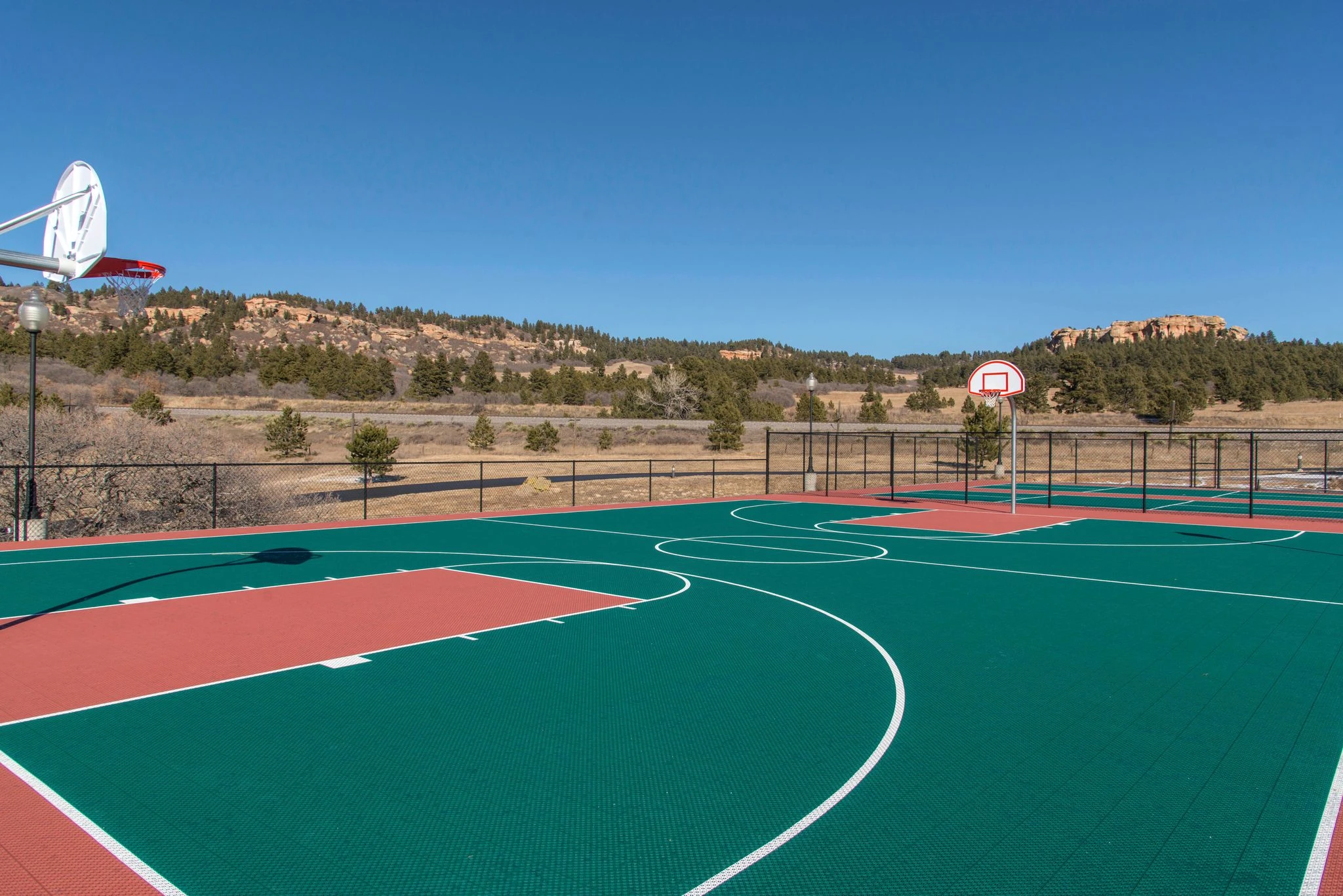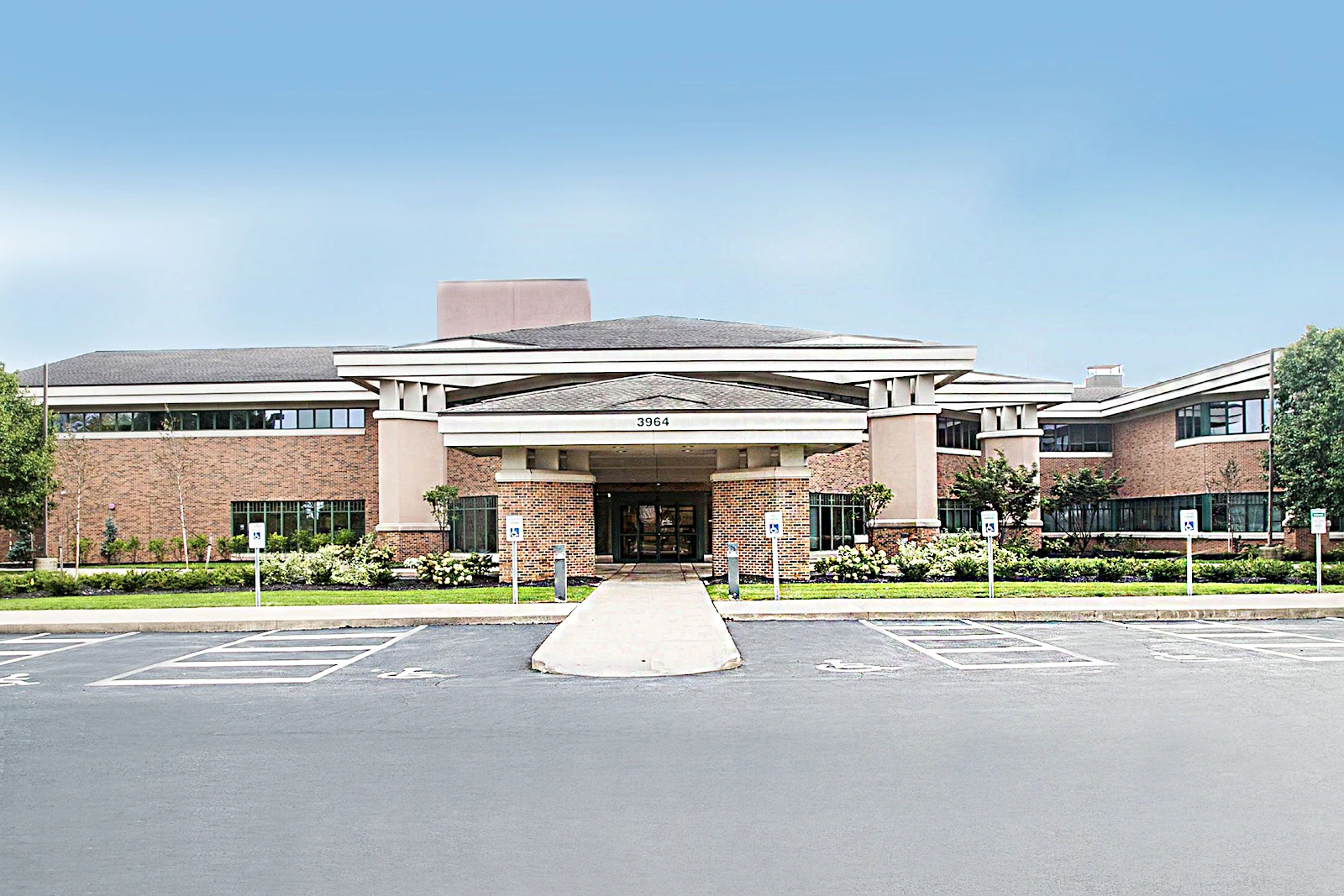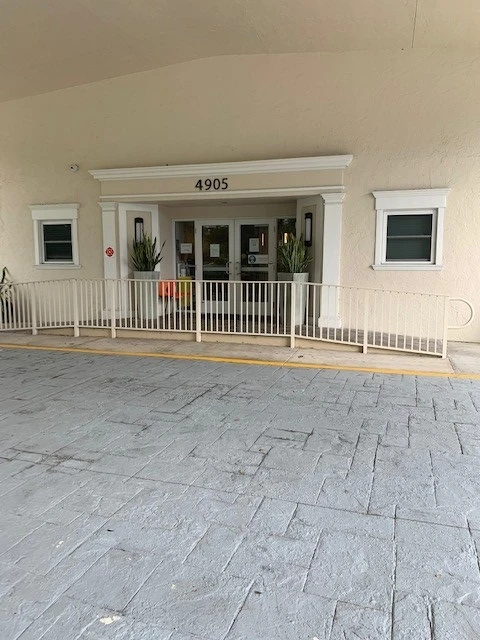Since 2013, The Recovery Village Columbus, located in Groveport, Ohio, has been dedicated to providing comprehensive alcohol and drug rehabilitation services for adults, including those with co-occurring conditions. This facility offers a wide range of programs, including medical detox, inpatient treatment, and outpatient treatment.
During the medical detox phase, patients receive 24/7 monitoring, and medication is administered when necessary to manage withdrawal symptoms. Individual therapy also begins during this stage, with the duration of the program tailored to each patient's needs. Following detox, the inpatient rehab program continues with round-the-clock supervision and structured daily activities, including various therapies to support recovery.
The facility also features a specialized program called FORTITUDE, designed for veterans and first responders. This program addresses Post-Traumatic Stress Disorder (PTSD), co-occurring mental health conditions, and substance use addiction, offering targeted support for these unique populations.
Situated on a 6.5-acre property, The Recovery Village Columbus provides several amenities, including a gym to enhance the recovery experience. The facility is accredited by The Joint Commission, reflecting its commitment to maintaining high standards of care.




















